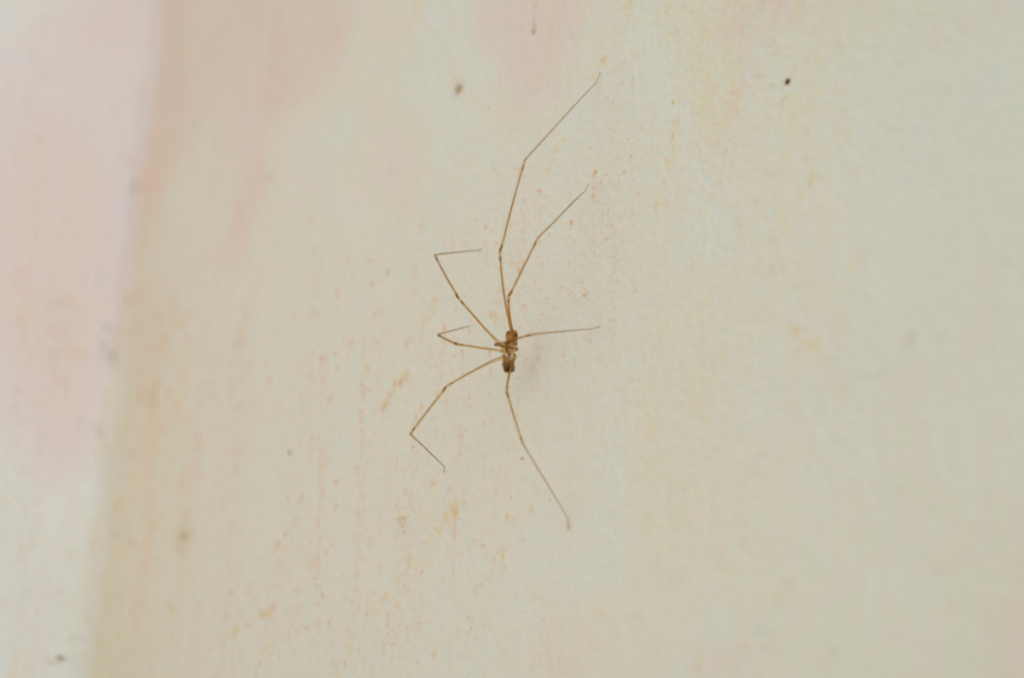Africa’s Golden Treasure: Ghana
by Yasmine Lawson

The country of Ghana holds a special place in my heart – my family, my childhood, and my culture stems from this beautiful country. While I was the only one in my family born in the United States, I was fully raised surrounded by Ghanian culture and customs. I love that I’m from a country that has beautiful music, amazing food, funny stories, and a rich important history of Pan-Africanism. Today, I’d like to share with all of you Africa’s Golden Treasure (and my own as well), the country of Ghana.
Music and Dance

Afrobeats have gained lots of momentum in Western and European culture in the past few years. Most of these big name artists have originated from West Africa, primarily Ghana and Nigeria. What’s unique and special about West African music is its simplistic versatility. Hard hitting beats on a drum can be transformed into a fast-paced, energetic beat that has everyone shaking their hips, to a sensual and emotional pulse. I listen to Ghanian music all the time: when I’m studying, driving, and especially when I’m working. Some of my favorite West African artists are Rema (Nigeria), Kidi (Ghanaian), Wizkid (Nigeria), Sarkodie (Ghana), and Tems (Nigeria). Definitely go give them a listen!
Ghanaian Food

Traditional Ghanaian food is pretty simple, first pick your staple starch of choice, and then enjoy it
with a soup or stew. Where the true beauty shines is from the various combinations made from these options. There’s Fufu, either made from blended plantain, or yams and cassava. My favorite thing to eat with this is Light soup, usually with chicken, goat meat, or fish. There’s also Kenkey (my mother’s personal favorite), a dish made from fermented corn. This pairs well with thick soup/stew like peanut butter soup or okro (okra) stew. There are other starches that make their way into our weekly rotation like Banku or rice. One common favorite for Western people is Jollof Rice, a Ghanaian classic. This is rice mixed in a stew of tomatoes, onions, meat, and spices. If you were to try something from this myriad of Ghanian foods, I’d 100% recommend trying this first.
Ghanaian Storytelling

To tell you about Ghanaian culture without telling you who Anansi the Spider is would be crime. As a kid, my mother would lay me down for bed, and end the night by telling me a story about Anansi.
Now, before I share this story with you, a brief history on my favorite spider: Anansi came from the
Ashanti people of Ghana and is a folk-tale that is used as a means of explaining how things came to be. There are so many different variations of his stories as it’s typically spread orally. Here’s my favorite childhood Anansi story that explains the behavior of spiders that we know now.
Anansi The Spider
One day, Anansi’s neighbor asked Anansi to plant a garden for everyone in the village and Anansi truly didn’t want to help, and told the neighbor that he wasn’t feeling well.
The neighbor then said, “Well then let me borrow your garden tools.”
Anansi replied saying, “When I’m sick, my tools are sick.”
The neighbor asked again, “Well then let me ask your family to help.”
Anansi replied saying, “When I’m sick, my family is sick, my pets are sick, my house is sick, everything is sick.”
Resigning, the neighbor got tools and help from other people in the village. Soon the community came and joined to help create the garden, and it ended up flourishing. Seeing the garden’s success, Anansi regretted his lack of participation. So, every night, he’d sneak into the garden and steal from it. On seeing the missing fruits and vegetables, the community made a plan to catch the thief. So the community decided to plant a scarecrow covered in glue in the garden.
One night, as Anansi was about to steal from the garden again, he noticed a figure in the distance.
Calling out, he said “who’s there?”
After hearing no response, he called out again, “If you don’t tell me who you are, I’ll come over there and slap you!”
Silence again.
“Okay”, Anansi started towards the figure, “I’m coming to slap you.”
He struck the scarecrow with his right hand, but he was suddenly stuck!
“If you don’t release me, I’m going to slap you with my left hand!” He said again.
At the lack of movement, Anansi slapped the scarecrow with his left hand and found that it got stuck, too.
“If you don’t let me go, I’ll kick you with my right foot!” He threatened.
Silence again.
Anansi landed his kick, and found himself stuck, again!
“If you don’t let me go, I’ll kick you with my left foot!” He threatened.
After kicking and getting stuck again, Anansi released one last threat.
“ If you don’t let go, I’ll headbutt you!”
So here Anansi was, all four of his limbs and his forehead stuck to the scarecrow.
The next morning came, and the community noticed that something was stuck to the scarecrow.
“We finally caught the thief!” the neighbor exclaimed. They banged the drums and called the entire community to come witness the thief.
They got a stick, pulled Anansi off the scarecrow, and upon finding out his identity, Anansi ran for his life into his house, and hid in the corner of the ceiling in shame.
And that’s why spiders hide in corners, because they’re embarrassed!
I hope you enjoyed what I’ve shared with you about my cultural motherland! If you’re ever interested in visiting Africa, Ghana is an amazing place to start. Reach out below and plan an experiential journey.
